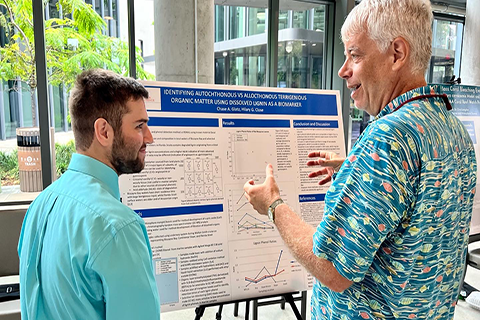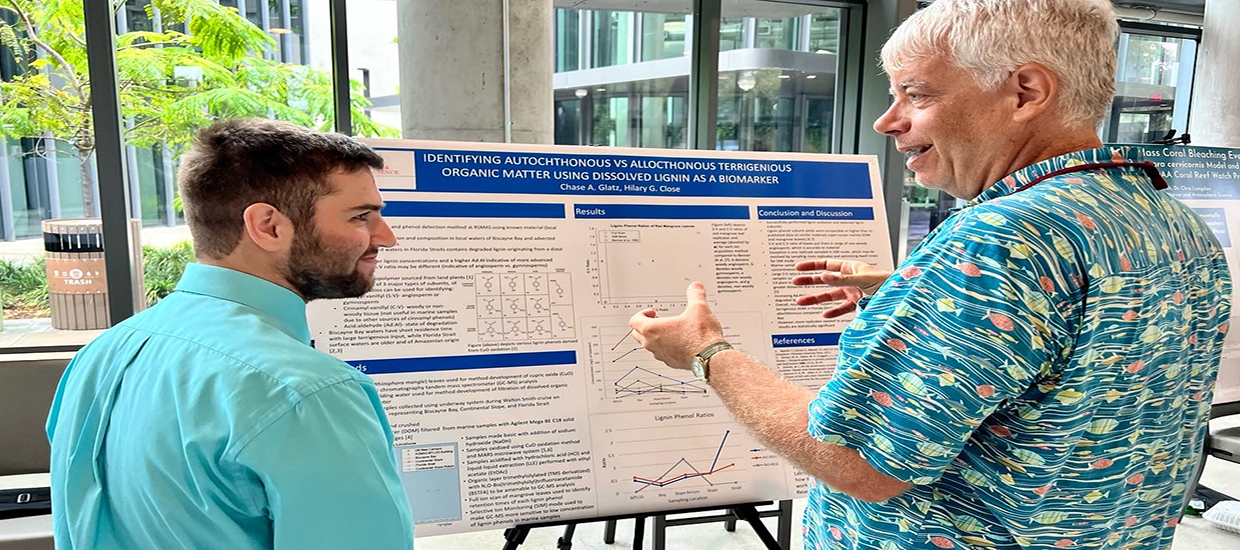If you do not have a clear idea of what belongs in each of the sections mentioned above, you may consult books on scientific writing, such as
Scientific Papers and Presentations, by Martha Davis
How to Write and Publish a Scientific Paper, by Robert A. Day;
Writing Papers in the Biological Sciences, by Victoria E. McMillan;
A Short Guide to Writing about Biology, by Jan A. Pechenik;
Technical Writing and Professional Communication, by Thomas A. Huckin & Leslie A. Olsen.
Your best guide is to read a few papers published in a journal that specializes in your field of research (for example, Marine Biology, Coral Reefs, Bulletin of Marine Science). Don’t pay too much attention to the specific data and ideas, but to the general organization and content of each section. Your faculty research advisor should suggest an appropriate journal to use as a guide. (Note that Science and Nature, two prestigious and widely read scientific journals, use atypical formats and should not be used as guides).
Journals vary somewhat in the format of their Figures, Tables, and References; you should follow the exact format of an appropriate journal in your field. Whatever the details, note the following:
Figures are numbered consecutively, and each has an explanatory legend below it.
Tables also are numbered consecutively (separately from the Figures), and each has an informative heading over it.
Each Figure, each Table, and each Reference is specifically referred to somewhere in the text.
When a manuscript is submitted to the editors of a scientific journal, the Figures (with their legends) and the Tables are usually collected at the end, after the list of References. You may submit your Senior Thesis this way. (It is usually left up to the technical editors, with guidelines from the author, to decide on the best location of Figures and Tables for the final page lay-out). Alternatively, you may incorporate the Figures and Tables into the body of the text, as they would be in the final published journal article.
Even experienced scientists rewrite a manuscript several times before submitting it to a journal, and usually have to rewrite it again in response to the comments of reviewers and editors. You can anticipate that your thesis will undergo several revisions before it is acceptable. Therefore, you should submit your Senior Thesis to your faculty advisor(s) at least six weeks before the end of the semester, so that you will have time for at least two revisions and so that your thesis committee members will have time to read, approve, and sign the final draft of your thesis.





